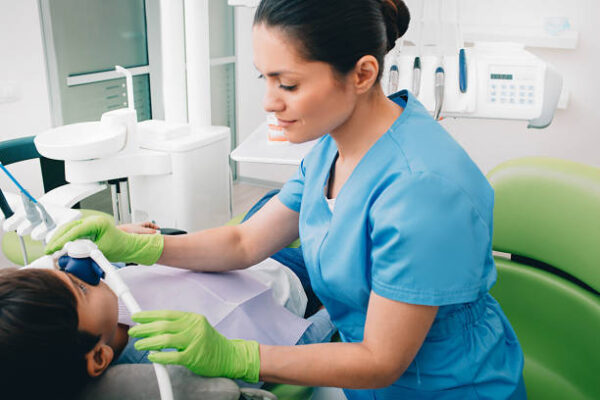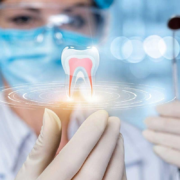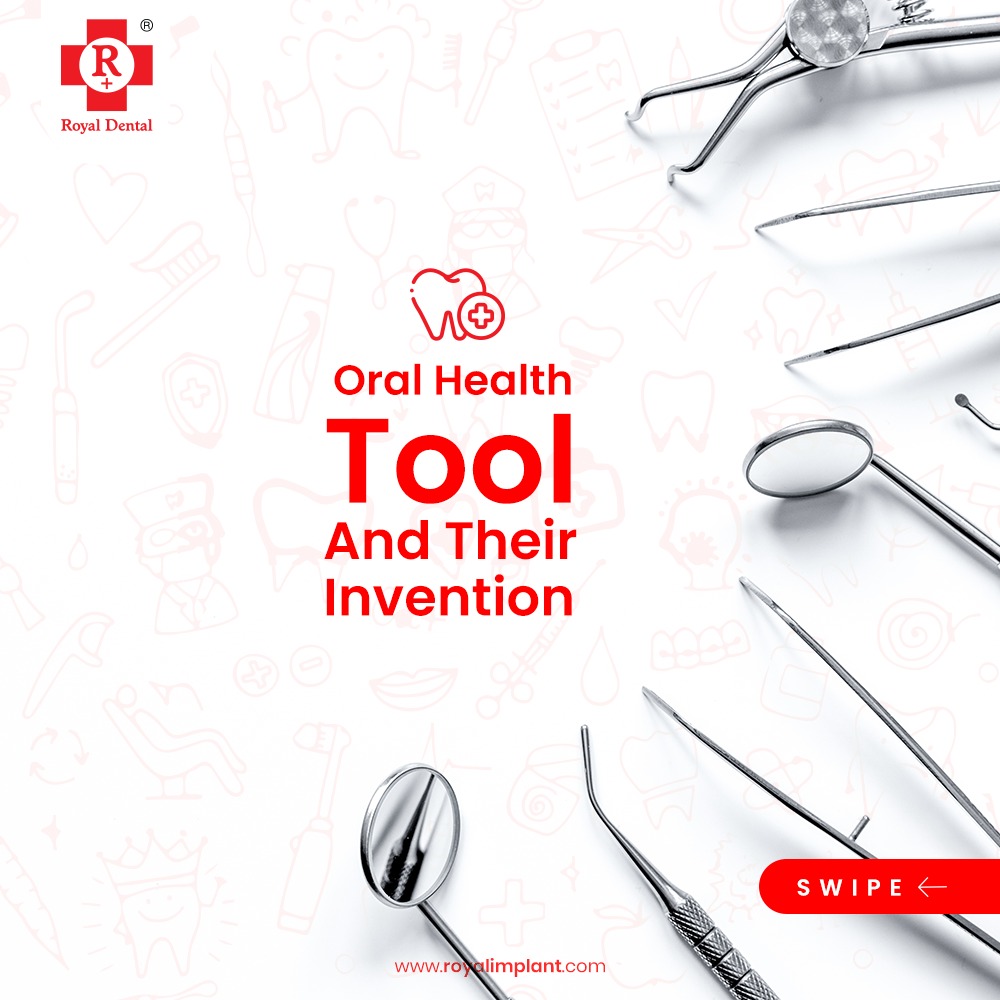Keeping your child’s teeth healthy and strong is important for their long-term dental health. Dental problems in children can be especially challenging because kids don’t always understand the importance of good hygiene or how to take care of their teeth properly. Fortunately, there are a number of ways that you can support child’s dental health from early childhood through adolescence. Child brushing teeth being the most crucial one for oral hygiene. The following tips will help you support your child’s dental health and prevent future problems.
Child brushing teeth 2 times a day
Brushing your child’s teeth twice per day with an age-appropriate toothpaste and toothbrush is the best way to prevent cavities and gum disease. The American Dental Association recommends that children begin brushing their teeth when they turn two years old. The recommended brushing technique for children is “forwards and backwards”. This means that you should brush the front and back teeth in each quadrant of the mouth (upper right, upper left, lower right, lower left).
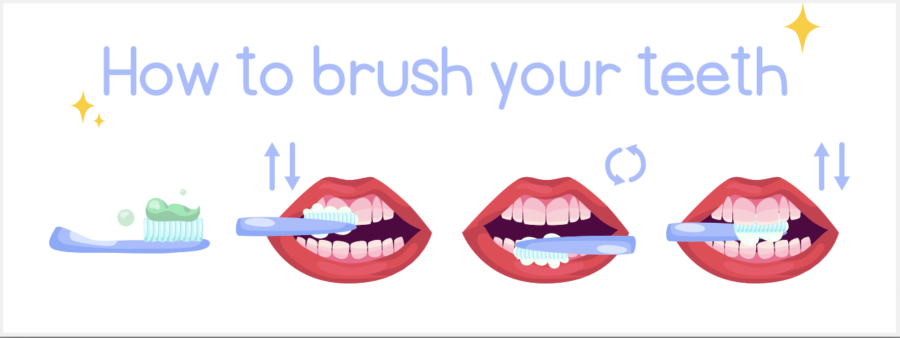
When brushing your child’s teeth, it is important to use the proper amount of toothpaste, a soft-bristled toothbrush, and a gentle brushing technique. Using too much toothpaste or brushing too hard can damage your child’s developing teeth and gums.
Encouraging a healthy diet and oral hygiene routine
In order to promote strong teeth and prevent future cavities, it is important to encourage a balanced diet and healthy oral hygiene routine. A balanced diet rich in calcium and vitamin D may help to prevent tooth decay. Here are some tips for promoting healthy eating habits and oral health in your child:
Limit sugary and starchy foods: Sugary snacks and foods like cookies, candy, and soda are bad for your teeth. These foods can cause cavities and lead to gum disease. Limit these foods as much as possible, and encourage your child to eat things like fruits and vegetables instead.

Be patient: It is important not to pressure your child to eat healthy foods if they don’t want to. It will take time to change your child’s eating habits.
Brush your teeth after eating: It is important to brush your teeth after eating anything, even healthy foods. Brushing your teeth after meals can help to prevent cavities and gum disease.
Visit the dentist regularly with your child
Visiting the dentist three times per year as a child is important in order to catch and treat early dental problems. The dentist will be able to check your child’s teeth and mouth for signs of tooth decay, gum disease, and any other issues. Your child’s dentist will be able to help you discover ways to improve your child’s oral health. Some ways that your child’s dentist can support their dental health include:
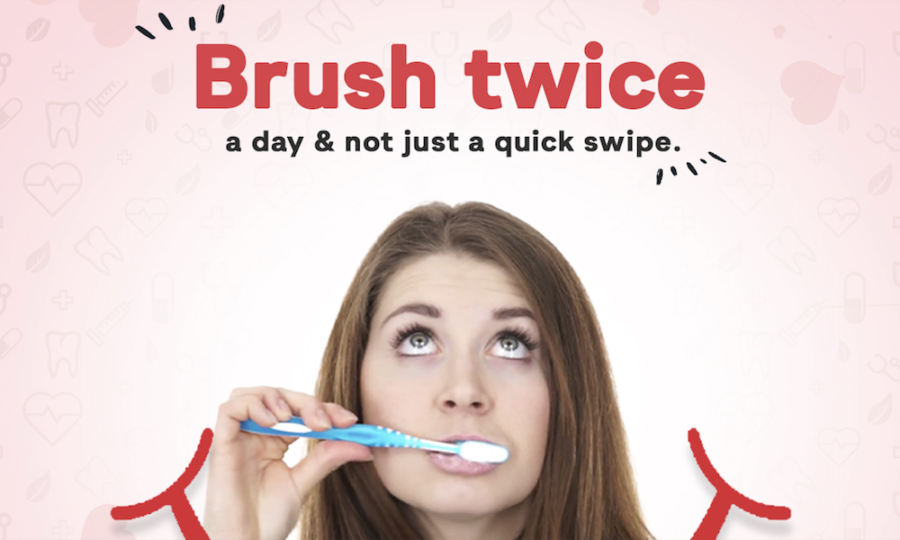
Checking your child’s teeth for signs of tooth decay and gum disease: These are the most common dental problems in children.
Providing oral hygiene instructions: Your child’s dentist can give you and your child step-by-step instructions for proper oral hygiene.
Recommending a fluoride treatment if your child has tooth decay: Dentists can treat cavities with fluoride or sealants.
Have your child floss daily
Flossing is an important part of any dental hygiene routine. Even though a young child may have relatively few teeth, it is important to start teaching them early how to clean in between their teeth. This can be done using an age-appropriate flossing device or special kid-sized floss. Another way to clean in between your child’s teeth is with an interdental cleaner like an interdental brush or water jet. These tools are easier to use than floss and can be helpful in preventing cavities and gum disease in your child’s growing teeth.
Provide age-appropriate information about dental care
It is important to provide your child with age-appropriate information about dental health. Talking to your child about how to brush their teeth and floss can help them understand the importance of oral hygiene. It is also helpful to teach your child about the importance of visiting the dentist and how to make the best of their dental visits. Some tips for talking to your child about dental health include:
Keep the conversation age-appropriate: While it is important to talk to your child about dental health, you don’t want to scare them.
Explain why brushing and flossing are important: It is important to explain to your child why it is important to brush their teeth and floss.
Conclusion
A child’s first teeth start erupting around the age of six months, and their baby teeth usually begin falling out around age 10. Keep in mind that your child’s teeth will last until around the age of 12, when they will begin growing adult teeth. It is important to support your child’s dental health from a young age in order to prevent future dental issues. Above tips will help you promote healthy eating habits and oral hygiene routines that will support your child’s dental health.

